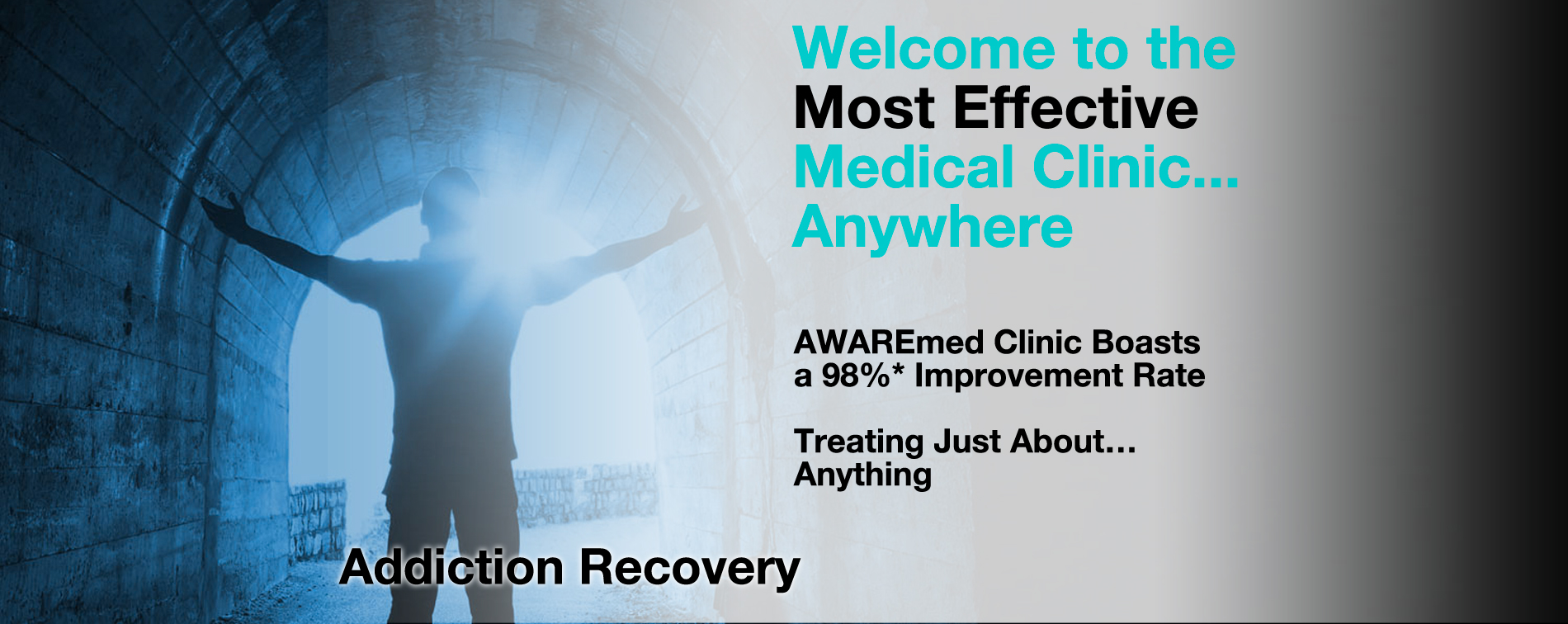Chemotherapy treatment
Chemotherapy treatment procedure: How Chemotherapy Works

Chemotherapy treatment procedure is effective. The side effects can be handled professionally
All cancer treatments are essential and can be very costly to many patients. Of all these, Chemotherapy treatment procedure is the most common for most cancers. According to the experts at AWAREmed Health and Wellness Resource Center under the able leadership of doctor Dalal Akoury MD. This treatment procedure involves the use of certain drugs to kill cancer cells or just to stop them from increasing and spreading to other parts of the patients’ body. Unlike with other health conditions, cancer is different and as a patient, you can’t afford to self-medicate. Therefore, your doctor may choose to prescribe chemo alone or combine it with surgery or radiation therapy. You might also take original kinds of cancer-fighting drugs along with chemotherapy.
Remember that you can take chemo as pills or shots. The drugs can be taken from a hospital facility or clinic through an infusion which is also known as IV. This is essential in helping patients regain strength, grow new healthy cells as well. Depending on the type of cancer and how it has progressed in the body, the doctor (oncologist) may prescribe the drug to be taken on daily, weekly or monthly doses. The prescription can be a single chemo drug or a collection of different drugs depending your health condition whether you’re suffering from other health conditions like liver, kidney or diabetes problems.
Chemotherapy treatment procedure: The necessity of chemotherapy
Cancer treatment is quite a vigorous process. Its success depends on the total elimination of all the cancer cells. Doctor Dalal Akoury explains that many at times even after a successful surgery to remove a tumor, the body can still play host to some remnants of cancer cells. These (cancer cells) if not eliminated, can still grow into new tumors. They can also spread the cancer to other parts of your body rendering the surgery to be ineffective. This where the importance of chemo drugs comes in. she adds that chemotherapy drugs helps in destroying, shrinking and controlling those cells. Besides that, it’s also helps in healing any cancer symptoms like pain. The patient may also get chemo drugs to shrink a tumor before even it gets to the point of conducting a surgery by your oncologist to remove it.
Chemotherapy treatment procedure: How it works
Chemotherapy drugs are essential are works in different ways. If you are struggling with any type of cancer, this is a better treatment for you as it helps in:
- Killing both cancerous and healthy cells
- Keep tumors from growing blood vessels, which help them thrive
- Fighting only cancer cells
- Attack the cancer cells’ genes so the cells die and can’t grow into new tumors
Finally, we appreciate that brain cancer and in fact all types of cancer are traumatizing. But that is the one reason why patient’s needs to go through the chemotherapy treatment procedure in good time. If you’re struggling with cancer, and you have no idea what to do. We are here to help you have a positive start. Call us at AWAREmed health and wellness center today and our team of experts will help you professionally.








